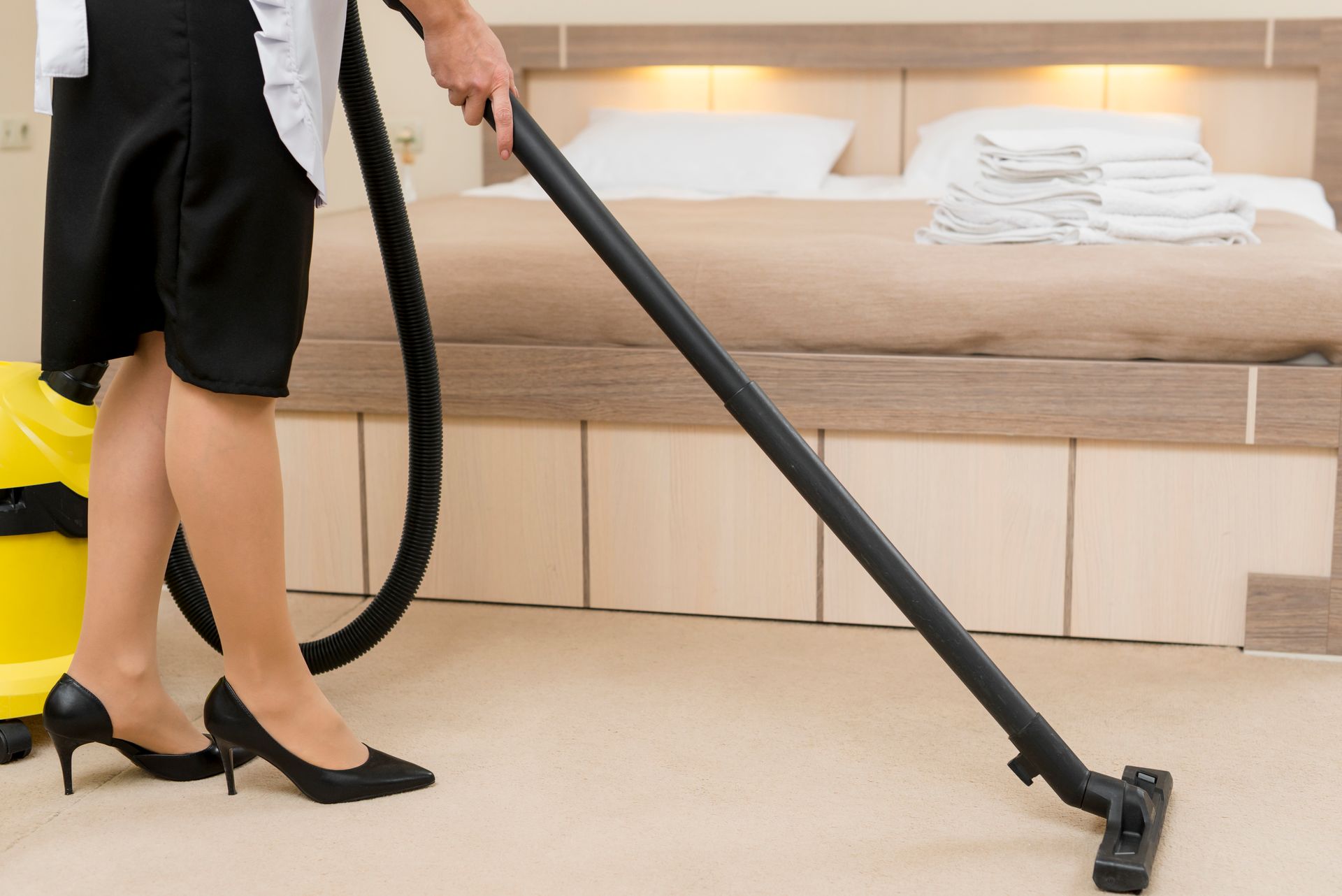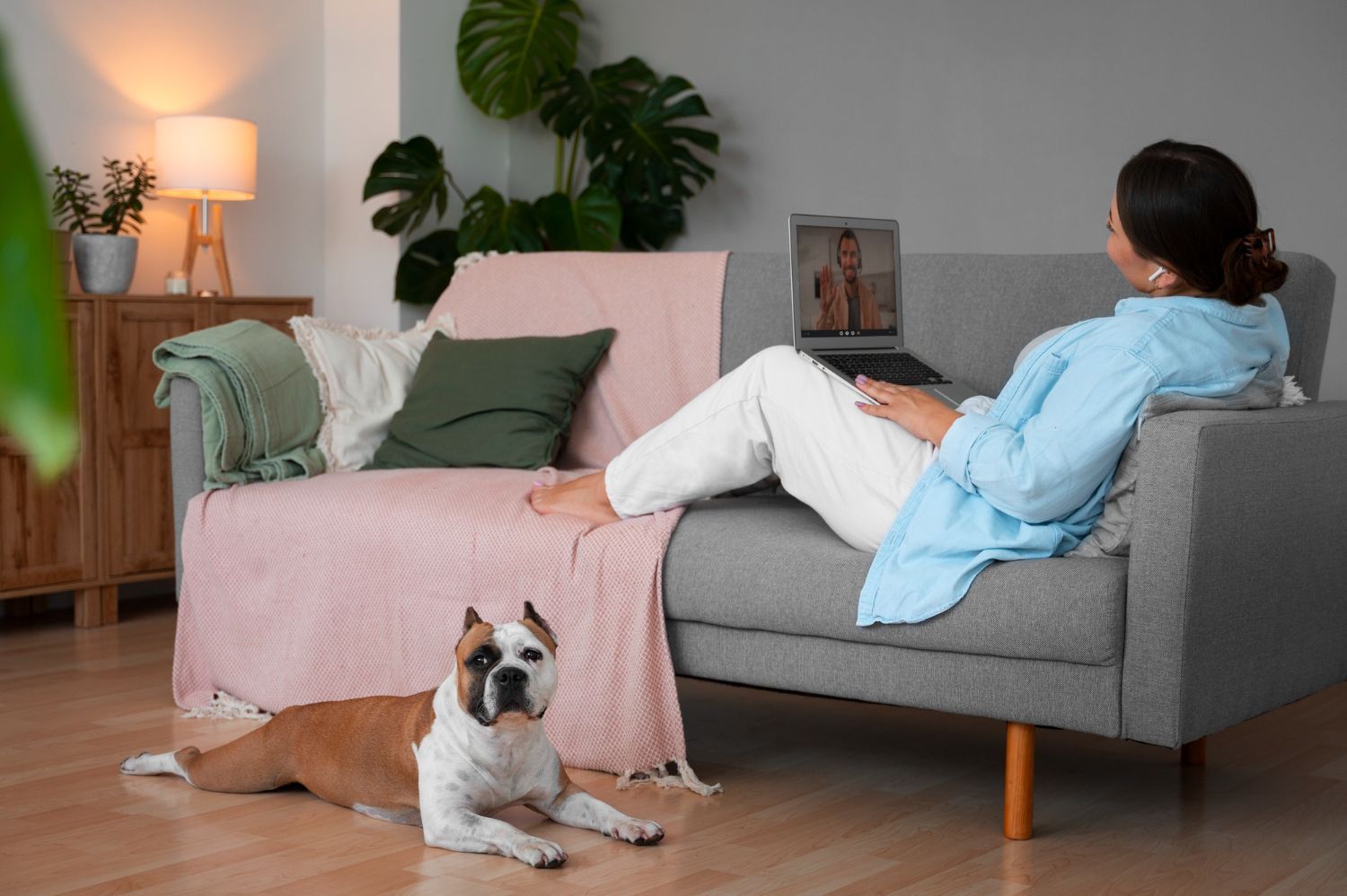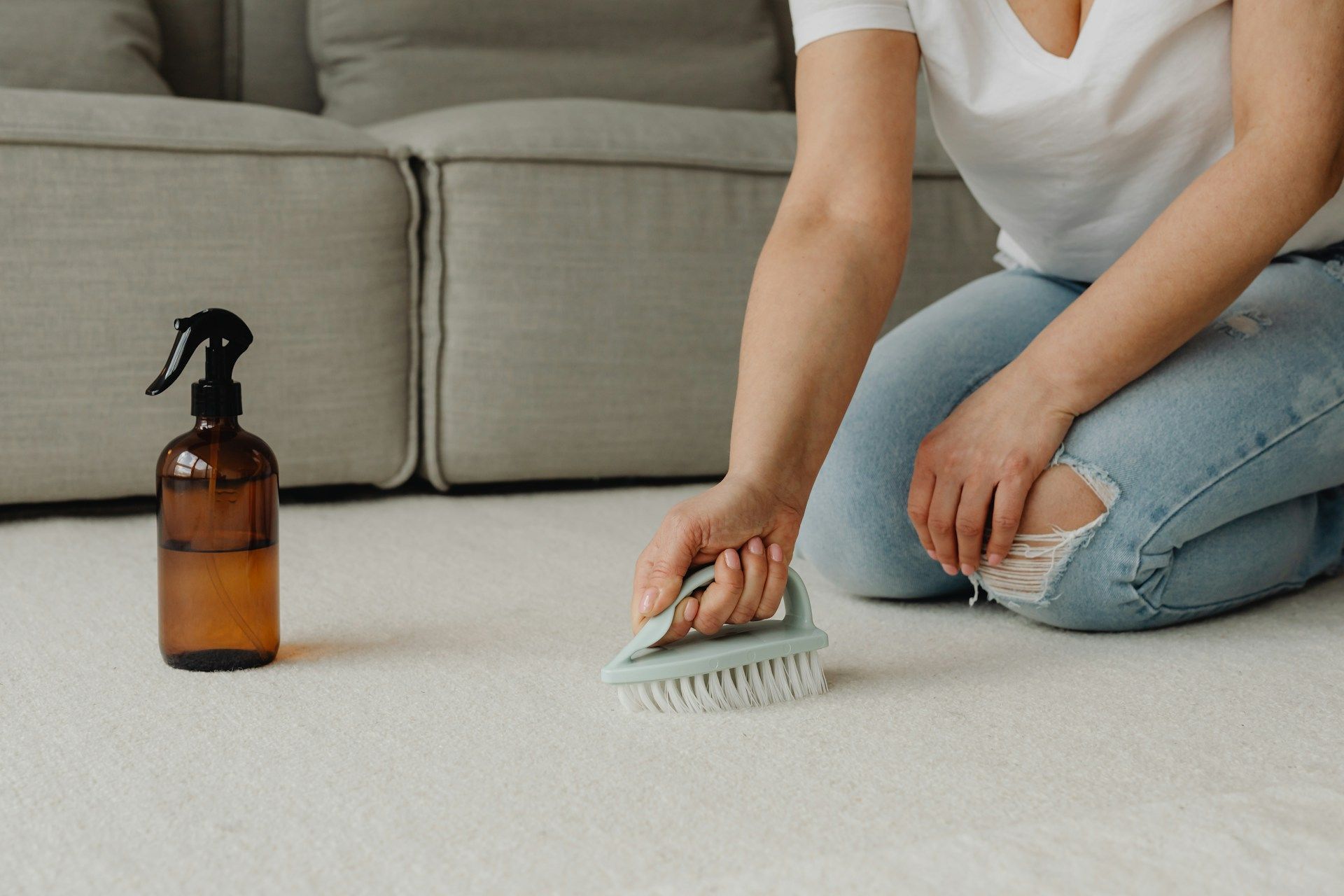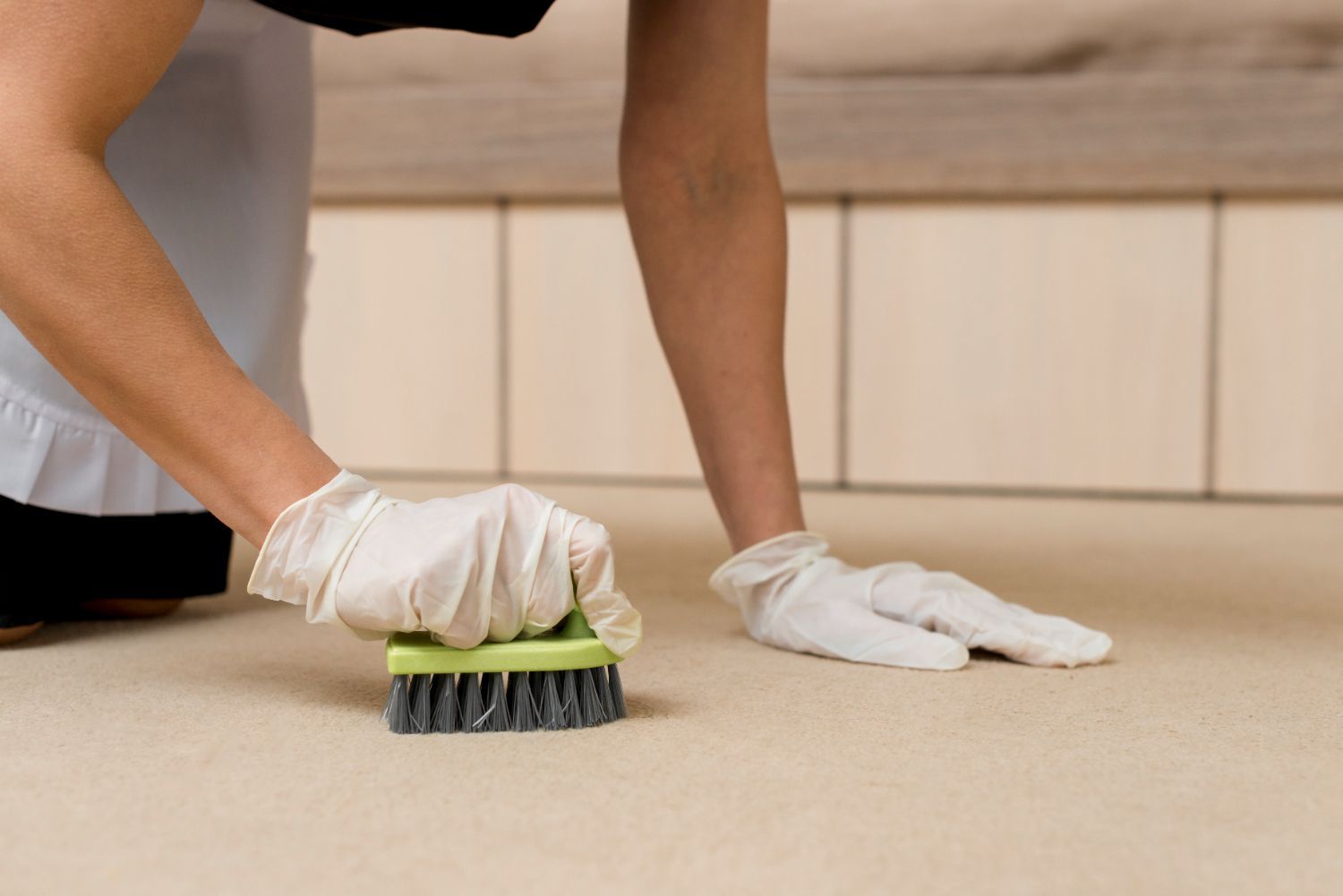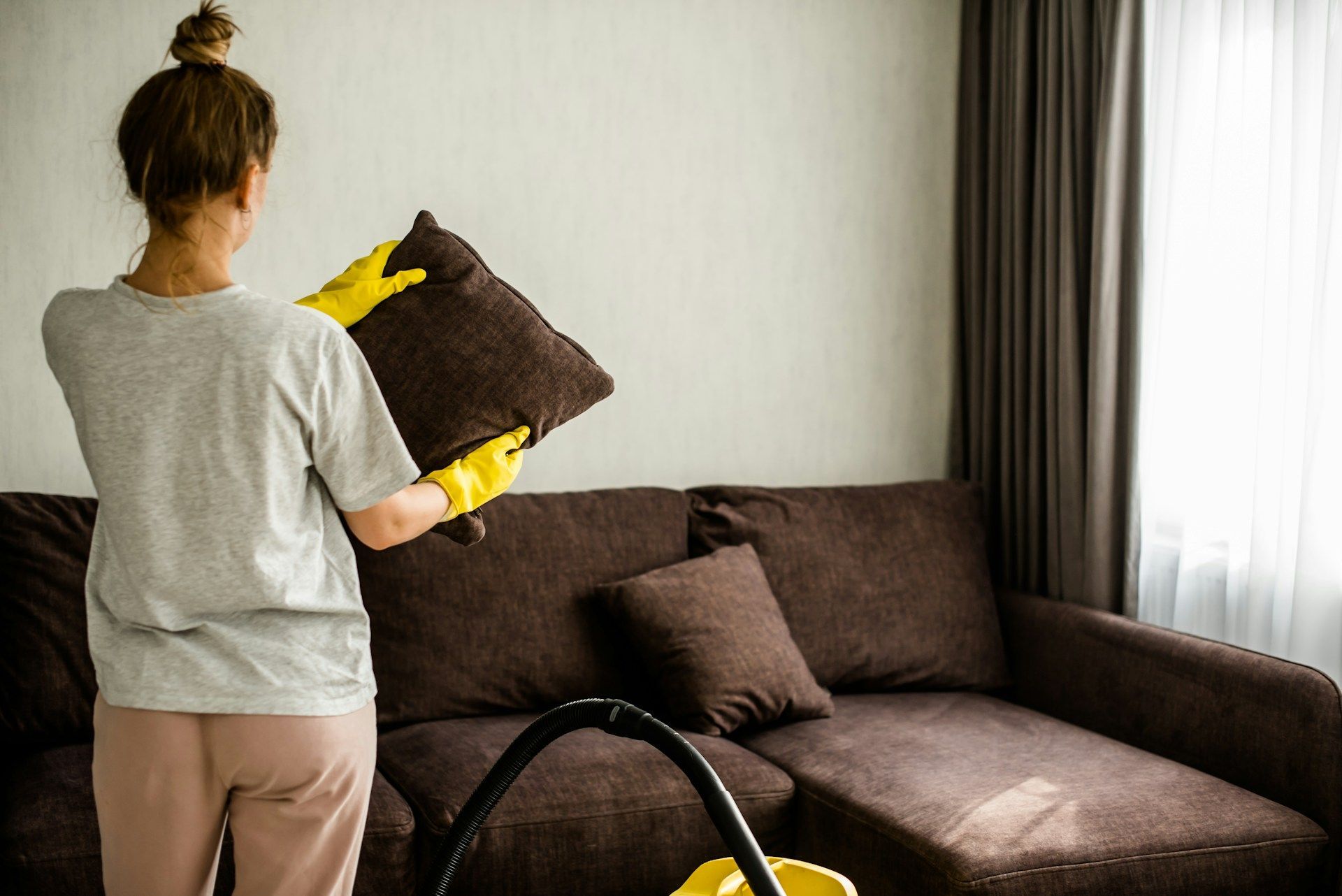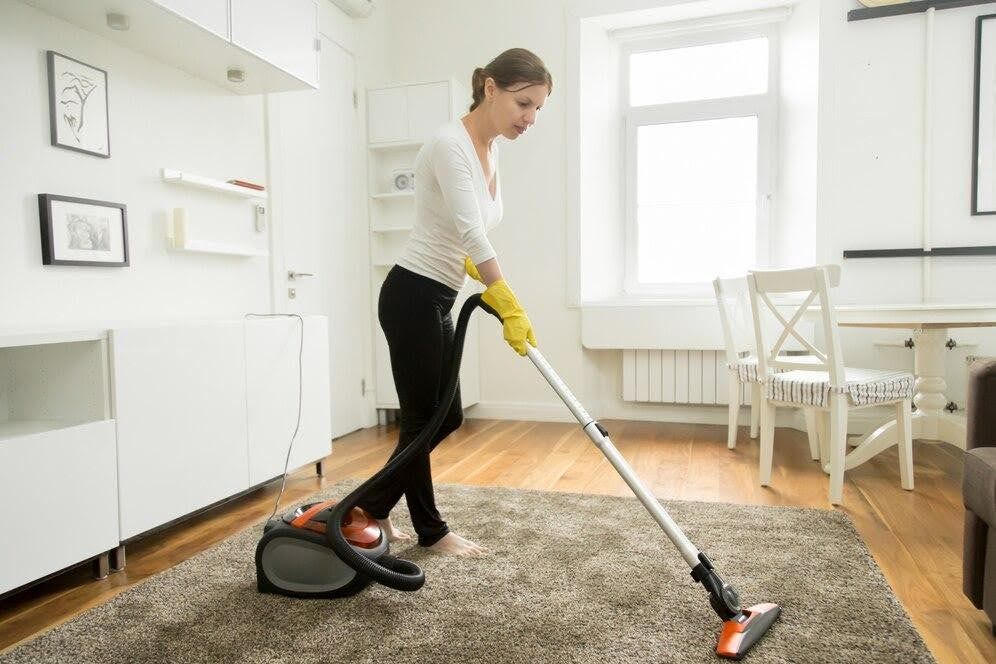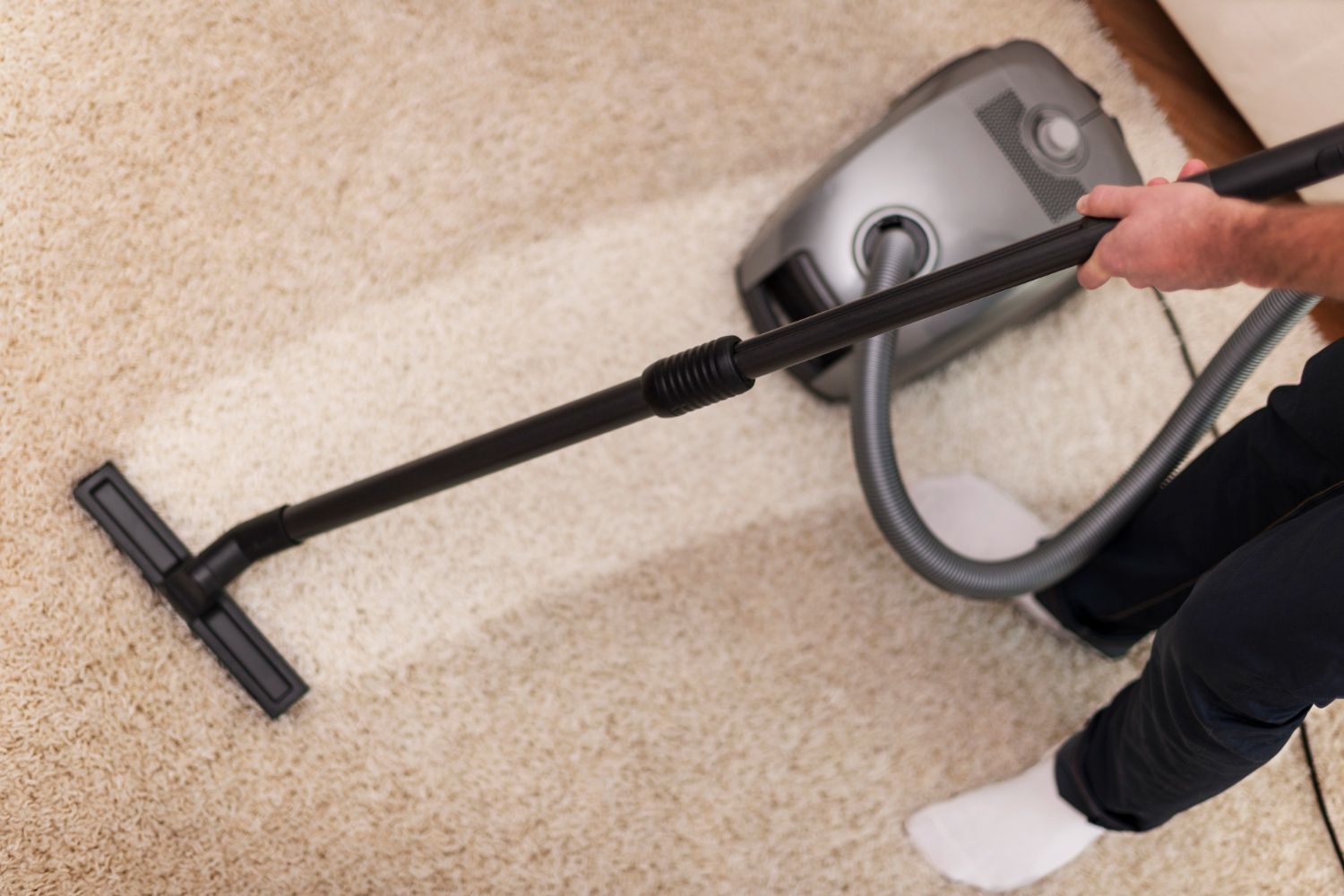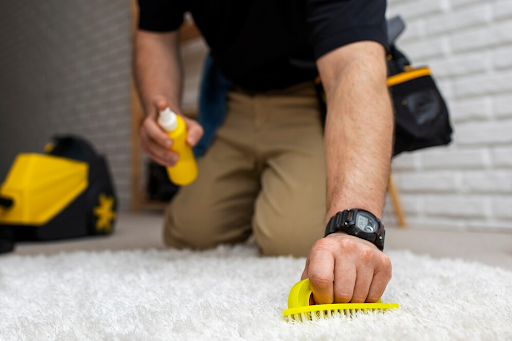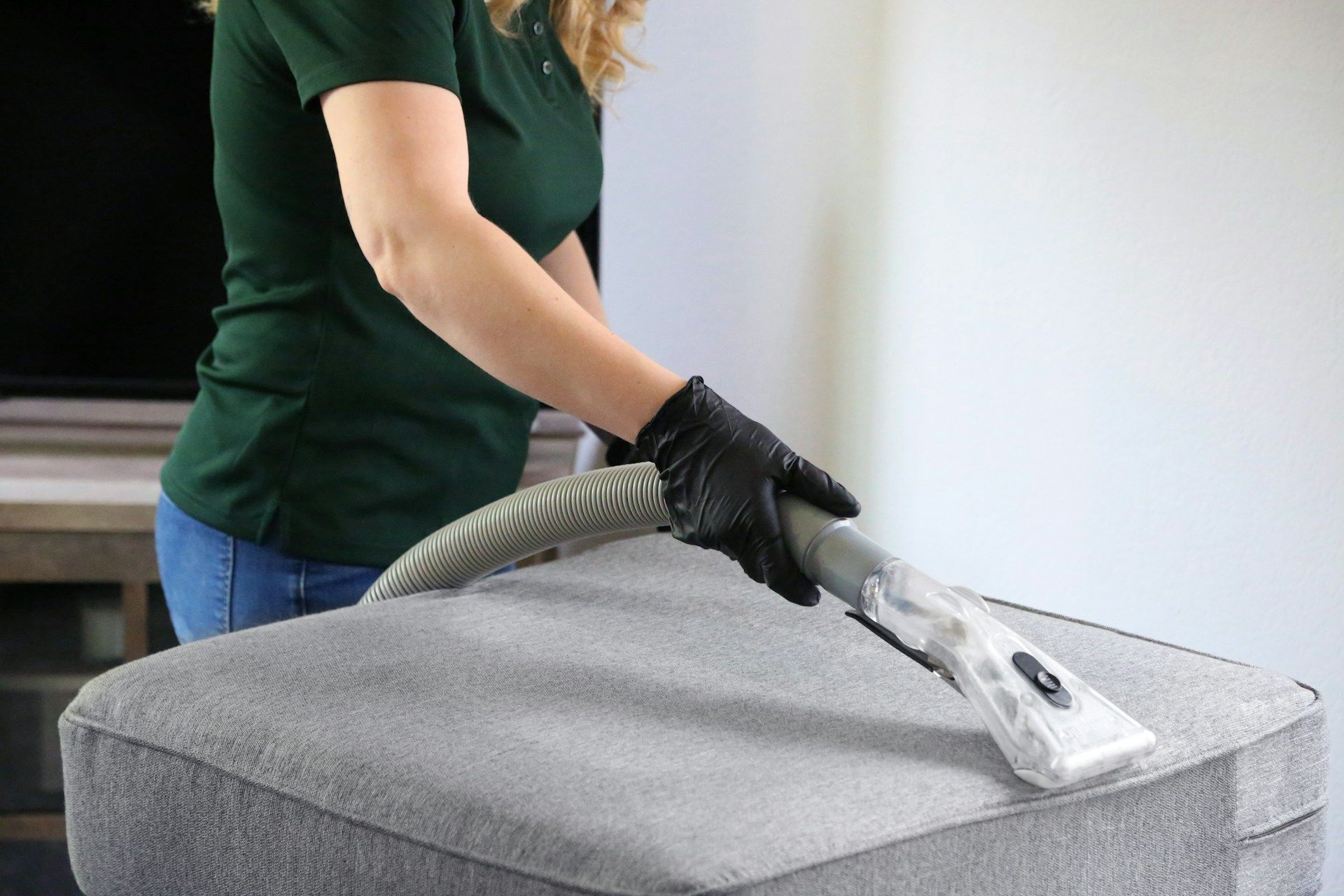Tips for Cleaning Leather Upholstery
Leather upholstery adds a touch of elegance and luxury to any home. It's durable and, with proper care, can last for many years. However, leather requires special attention to maintain its appearance and integrity. Dust, spills, and everyday wear can take their toll on leather furniture, making it essential to follow the right cleaning methods.
Cleaning leather upholstery isn't just about wiping it down with any cleaner. Using the wrong products or techniques can cause permanent damage. Understanding the different types of leather and how they react to various cleaning agents is crucial. With the right knowledge and tools, you can keep your leather furniture looking pristine and prolong its lifespan.
In this article, CitruSolution has compiled the best practices for cleaning leather upholstery. From understanding your leather type to choosing the right cleaning products and following a step-by-step cleaning guide, we’ll cover everything you need to know. We'll also provide tips on maintaining your leather upholstery to ensure it stays in top condition for years to come. Whether you're dealing with a minor spill or looking to perform a routine clean, these tips will help you care for your leather furniture effectively.
Understanding Your Leather Upholstery
Before diving into leather upholstery cleaning, it's essential to understand the type of leather you have. Not all leather is created equal, and different types require different care methods. Generally, leather can be categorized into aniline, semi-aniline, and protected (or pigmented) leather.
1. Aniline Leather: This type of leather is dyed without any protective coating, which gives it a natural look and feel. However, it’s more susceptible to staining and requires gentle, specialized cleaning products.
2. Semi-Aniline Leather: This leather also has a natural look but includes a light protective coating, making it a bit more resistant to stains than aniline leather while maintaining its softness.
3. Protected Leather: Also known as pigmented leather, this type has a durable protective coating, making it the most resistant to stains and easier to clean. It’s commonly used in households with children and pets due to its durability.
Understanding which type of leather you have helps you choose the right cleaners and techniques, ensuring you don’t damage your precious furniture. Always check the manufacturer’s guidelines for specific care instructions related to your upholstery.
Essential Tools and Products for Cleaning Leather Upholstery
Having the right tools and products is crucial for effective leather upholstery cleaning. Here's a list of essentials to gather before starting your cleaning process:
1. Leather Cleaner: Choose a cleaner specifically designed for leather. Avoid using all-purpose cleaners, as they can damage the leather's finish.
2. Leather Conditioner: After cleaning, a good leather conditioner will help keep the leather soft and prevent it from drying out.
3. Soft Cloths: Use soft, lint-free cloths for applying cleaners and conditioners. Microfiber cloths are ideal for this purpose.
4. Vacuum With Soft Brush Attachment: A vacuum with a soft brush attachment helps remove loose dirt and debris from the surface of the leather.
5. Distilled Water: If you need to dampen a cloth, use distilled water to avoid any mineral deposits that could harm the leather.
6. Mild Soap: For tougher stains, a mild soap like baby soap diluted with water can be used, but always test it on an inconspicuous area first.
7. Cotton Swabs: These are useful for getting into creases and stitching where dirt can accumulate.
Having these tools and products on hand ensures that you're well-prepared for leather upholstery cleaning. Proper preparation and the right products will make the cleaning process more efficient and effective, helping you maintain the beauty and longevity of your leather furniture.
Step-By-Step Guide To Cleaning Leather Upholstery
Cleaning leather upholstery doesn’t have to be daunting. Follow these steps to ensure your leather furniture stays clean and in good condition:
1. Vacuum the Surface: Start by using a vacuum with a soft brush attachment to remove dust and debris from the leather surface. This prevents dirt from rubbing into the leather during cleaning.
2. Spot Test: Before applying any cleaner to the entire surface, do a spot test in an inconspicuous area. This ensures that the cleaner won’t discolor or damage the leather.
3. Apply Leather Cleaner: Dampen a soft cloth with a small amount of leather cleaner. Gently rub the cleaner into the leather using circular motions. Avoid soaking the leather as too much moisture can result in damage.
4. Wipe Off Residue: Use a clean, damp cloth to remove any remaining cleaner from the leather surface. Make sure to thoroughly remove all residues, as leftover cleaner can attract more dirt.
5. Dry the Leather: Allow the leather to air dry by keeping it in a well-ventilated area. Do not use direct heat sources like hair dryers, as high heat can damage the leather.
6. Condition the Leather: Once the leather is completely dry, apply a leather conditioner using another soft cloth. Follow the product instructions. Conditioning helps keep the leather supple and prevents cracking.
7. Buff the Surface: After the conditioner has absorbed, take a dry cloth and gently buff the surface to restore its natural shine.
By following these steps, your leather upholstery will remain clean and look new. Consistent care and proper cleaning techniques are key to maintaining the beauty and longevity of your leather furniture.
Maintenance Tips To Preserve Your Leather Upholstery
Maintaining leather upholstery is about regular upkeep and preventing damage. Here are some practical tips to help you preserve your leather furniture:
1. Keep Away from Direct Sunlight: Prolonged exposure to sunlight can cause the leather to fade and become brittle. Position your furniture away from direct sunlight or use curtains to block UV rays.
2. Avoid Sharp Objects: Be mindful of items that can scratch or puncture the leather. Pets' claws and sharp objects can cause permanent damage.
3. Regular Dusting: Dust your leather upholstery weekly with a dry, soft cloth. This simple step prevents dirt buildup and keeps the surface clean.
4. Use Protective Covers: If you have pets or small children, consider using protective covers to guard against spills and scratches. These can be removed and washed regularly.
5. Rotate Cushions: Rotating cushions can help distribute wear more evenly, preventing certain areas from becoming overly worn.
6. Handle Spills Immediately: If you spill something on your leather furniture, clean it up immediately with a dry cloth. For liquid spills, blot (do not rub) the area to absorb as much moisture as possible.
7. Apply Leather Conditioner: Condition your leather every 6-12 months to maintain its flexibility and sheen. Regular conditioning prevents the leather from drying out and cracking.
By following these maintenance tips, you can extend the lifespan of your leather upholstery and keep it looking great for many years.
Conclusion
Cleaning and maintaining leather upholstery is essential for preserving its elegance and durability. Leather furniture, whether in living rooms or offices, adds a sophisticated touch but requires dedicated care to keep it looking its best. From understanding the type of leather to using the right cleaning products and techniques, each step plays a crucial role in ensuring the longevity of your upholstery.
By following a regular cleaning routine, addressing spills promptly, and applying conditioner periodically, you can enhance the durability and appearance of your leather furniture. Prevention is also key; protecting your leather from sunlight, sharp objects, and regular wear and tear will help maintain its quality over time. Leather is a luxurious material that, with care, can offer comfort and beauty for many years.
For professional assistance or a thorough cleaning, contact CitruSolution Carpet Cleaning. Our expert
upholstery cleaning services ensure your leather upholstery gets the specialized care it needs. Keep your furniture in top shape by scheduling a professional cleaning with us today.

QUICK LINKS
PAYMEnts
American Express | Cash | Check | Discover | MasterCard | Visa | Venmo
SERVICE AREAS
QUICK LINKS
PAYMEnts
American Express | Cash | Check | Discover | MasterCard | Visa | Venmo
SERVICE AREAS
Walton County, GA
Newton County, GA
Covington & Grayson Areas
Lake Oconee, GA
Greene County, GA
Putnam County, GA
Morgan County, GA
Copyright ©2025 | Be Citrus Clean | All Rights Reserved | Created by Faithworks Marketing


